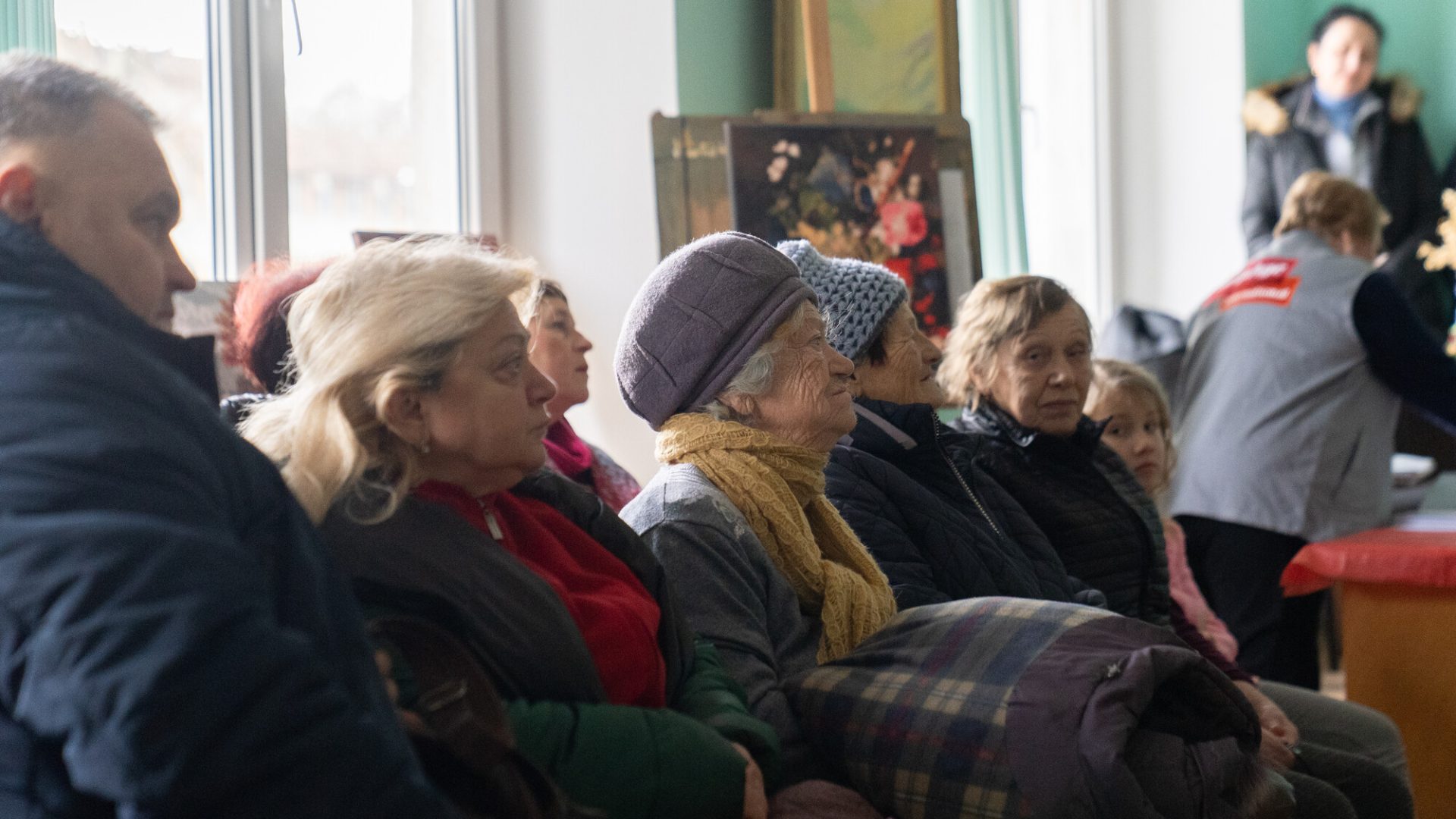Meeting older people’s needs
Q: How do you protect and promote the rights of older people?
Polyakova: We recognise that older people’s needs align with the classic hierarchy – basic necessities, security, recognition, respect. We help them advocate for better services at the local level, such as ensuring public transport is accessible and that people are unformed about misleading labels like “social pharmacies” when prices are actually higher, not lower.
Our focus is individual advocacy. If an older person needs a repair or loses documents, our volunteers will accompany them to relevant agencies, ensuring the issue is resolved. I recall a case where a hospital initially refused admission, but after our intervention, they accepted the patient.
During one of our surveys, we discovered that 70% of older people consider officials to be their primary oppressors, while they have the least complaints about police officers. Interestingly, police often work with older adults as victims of domestic violence, with 30% of older people experiencing abuse from family members.
Thus, our approach involves helping specific individuals with specific problems through volunteers. To raise societal awareness, we educate various professional groups – from shopkeepers to transport workers – on how to meet older people’s needs. We have trained the police in 18 cities on recognising dementia symptoms, taught 2,000 social workers how to care for people with dementia, and produced educational videos endorsed by the Ministry of Social Policy.
Q: What do older people themselves care about the most?
Polyakova: Contrary to misconceptions, their concerns go beyond personal hardships like low pensions. They worry about their environment from inaccessible transport to uneven pavements. They care about their communities as much as they care about themselves.

